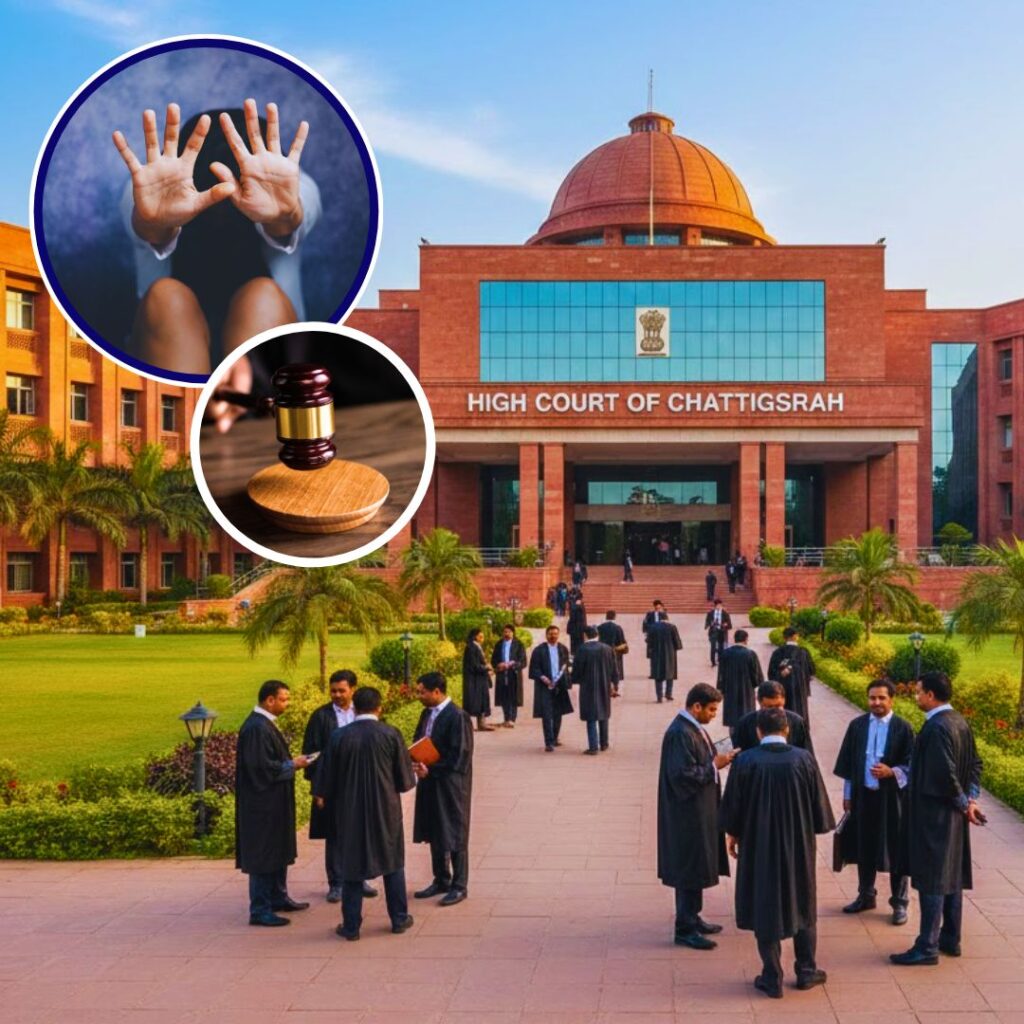The proposal to replace “India” with “Bharat” in some NCERT school textbooks has sparked a response from Kerala’s general education minister, V Sivankutty. He declared that if such a change is imposed on the state, Kerala would publish separate textbooks. Sivankutty alleged that the recommendation made by an NCERT-constituted advisory committee for social sciences is part of a larger effort to “saffronize” education.
“This is an attempt to alter the history of India – an undemocratic move that shows scant regard for education and reflects the narrow-mindedness of those behind it,” he said as per a report in The Times Of India.
The advisory committee, headed by historian C I Issac, suggested the change based on the historical fact that the term “India” came into use after the British crown took over from the East India Company in 1858. Before that, the region was often referred to as “Bharat” in various literary writings and Puranas.
Minister Sivankutty accused the BJP-led government at the Centre of trying to undermine constitutional values and stated that Kerala would resist such changes.
Kerala currently uses 44 NCERT books in classes XI and XII, and textbooks for classes I to X are recommended by the state curriculum committee. The advisory committee’s recommendations include using “classical period” instead of “ancient period” in textbooks.
The NCERT panel has unanimously approved the replacement of “India” with “Bharat” in their upcoming textbooks. This change, initially proposed several months ago, is now officially endorsed. As per the panel, the objective behind this is to emphasize the traditional and culturally rooted name “Bharat” for the nation.
As a result, future NCERT books will incorporate this modification, changing the way the country is referred to in educational materials. This decision has sparked a debate over the use of terminology in India’s education system and its cultural and historical significance.
Also Read: “India’s Ground Water Depletion Tipping Point Approaching Near”, Warns UN Report












